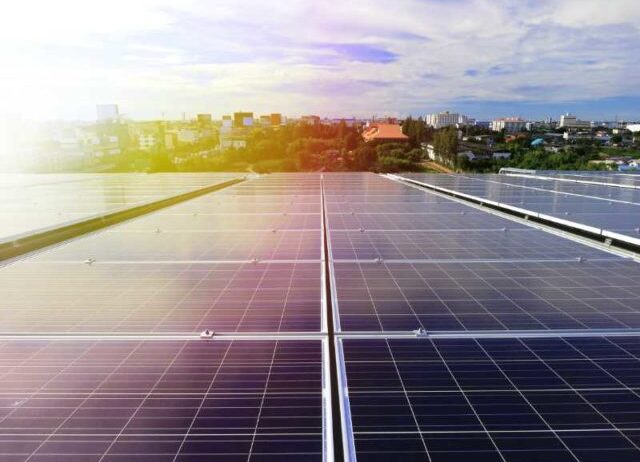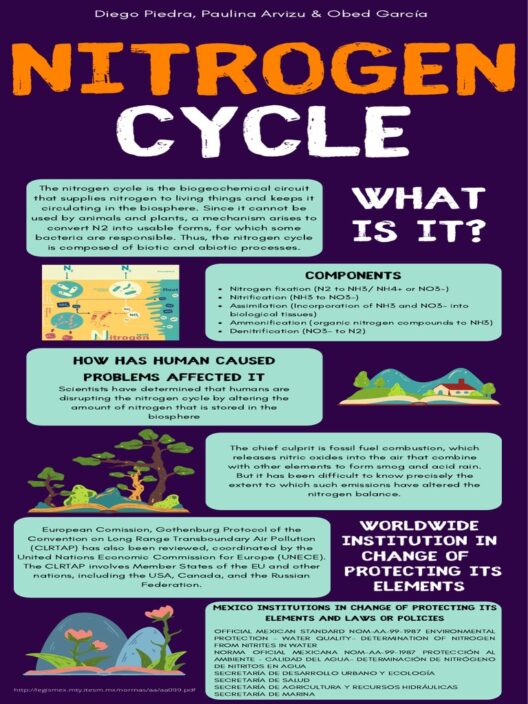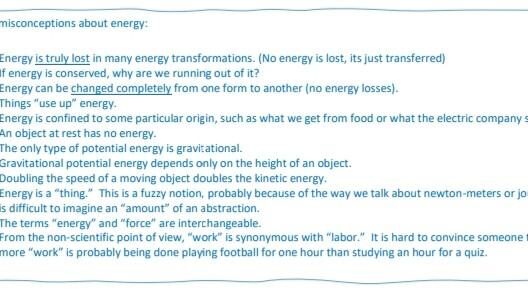Conserving energy is often perceived as a mundane task, relegated to turning off lights and unplugging devices when not in use. However, this understanding belies the profound significance and multifaceted nature of energy conservation. The act of conserving energy transcends mere power savings; it embodies a holistic approach toward sustainability, environmental stewardship, and the fostering of a thriving planet. To grasp what conserving energy truly means, one must delve deeper into its implications, benefits, and broader societal impacts.
At its core, energy conservation are the practices that mitigate the consumption of energy. While this typically encompasses strategies to reduce electricity use, the implications ripple outward, affecting our environment, economy, and even social well-being. An analogy can be drawn to a garden. Just as a gardener nurtures plants by providing only what they need to flourish, conserving energy involves managing our resources judiciously to ensure the health of our “planetary garden.”
Energy conservation also signifies a shift in mindset—a paradigm of efficiency that interlaces with our daily lives. By making informed choices about how we utilize energy, we position ourselves as active participants in a broader environmental narrative. Opting for energy-efficient appliances or using public transport instead of individual vehicles are mere threads in the intricate tapestry of energy conservation. Each choice weaves together to create a tapestry that not only reduces our carbon footprint but also promotes a sustainable future.
The tangible benefits of energy conservation are compelling. Economically, reduced energy consumption can lead to significant savings for households and businesses alike. Utility bills decrease, freeing up financial resources for other pursuits. Efficiency, then, becomes a powerful tool in a world where every cent counts. Furthermore, fewer resources expended in generating energy lead to less strain on infrastructures, minimizing the necessity for extensive energy production and the environmental degradation that often accompanies it.
Yet, the environmental dimensions of energy conservation are perhaps the most profound. Traditional energy consumption methods are deeply entwined with the fossil fuel industry, which contributes significantly to greenhouse gas emissions and climate change. By conserving energy, we effectively lessen our reliance on these destructive practices. This reduction fosters cleaner air and water, preserving biodiversity and combating the relentless advance of climate change. Viewing energy consumption as a dial we can turn down rather than an inevitable fact of modern life transforms the narrative of environmental degradation into one of empowerment and responsibility.
Moreover, the societal impacts of energy conservation cannot be overstated. Communities that prioritize energy-efficient practices often witness enhanced public health due to reduced pollution levels and improved living conditions. Besides, a communal emphasis on conservation instills a sense of collective responsibility. It invites dialogue around sustainability, encouraging a culture that embraces innovation and shared solutions. Metaphorically, this is akin to a choir; each voice contributes to a harmonious melody that resonates with the universal need for balance and sustainability.
Education plays a pivotal role in fomenting a culture of energy conservation. By imparting knowledge about the intricacies of energy use and its consequences, individuals are more likely to become conscious stewards of the environment. Schools, workplaces, and community organizations can serve as incubators for this awareness, promoting initiatives such as energy audits, awareness campaigns, and incentive programs. This collective effort can lead to a transformation where energy conservation is not merely a personal responsibility but a societal norm.
Technological advancements also augment energy conservation efforts. Innovations in renewable energy sources, energy-efficient technologies, and smart home devices enable individuals and businesses to monitor and manage their energy consumption effectively. These tools provide insight into consumption patterns, allowing for informed decision-making that aligns with conservation goals. The technological revolution symbolizes a beacon of hope, illuminating pathways toward a sustainable future through creativity and ingenuity.
Nevertheless, it is imperative to acknowledge that energy conservation does not exist in a vacuum. Policy changes at the governmental level are crucial in creating an enabling environment for energy-efficient practices to thrive. Implementing regulations that promote renewable energy sources, disincentivizing fossil fuels, and providing financial incentives for energy-efficient renovations are steps policymakers must embrace. This multi-faceted approach is analogous to a well-orchestrated symphony, where each instrument must play its part harmoniously to produce a resonant result.
In summary, conserving energy embodies a comprehensive ethos that extends well beyond the limitations of saving power. It reflects a commitment to environmental stewardship, economic prudence, and societal advancement. Just as a tree draws from the earth’s nutrients to flourish, so too must humanity harness the rich potential of energy conservation to cultivate our planet’s health. The narratives we weave through our choices in energy consumption define the future we will inhabit. Thus, embracing energy conservation is more than a practice; it is an invitation to craft a legacy of sustainability for generations to come.
As we reflect upon the task of conserving energy, let us embrace our roles as the custodians of the environment. Each small action contributes to a grander vision, a future where harmony with nature is not merely an aspiration but a reality. In this collective endeavor, we must remain unwavering in our commitment to conserving energy—not only for ourselves but for the myriad of life forms that share this exquisite planet.







